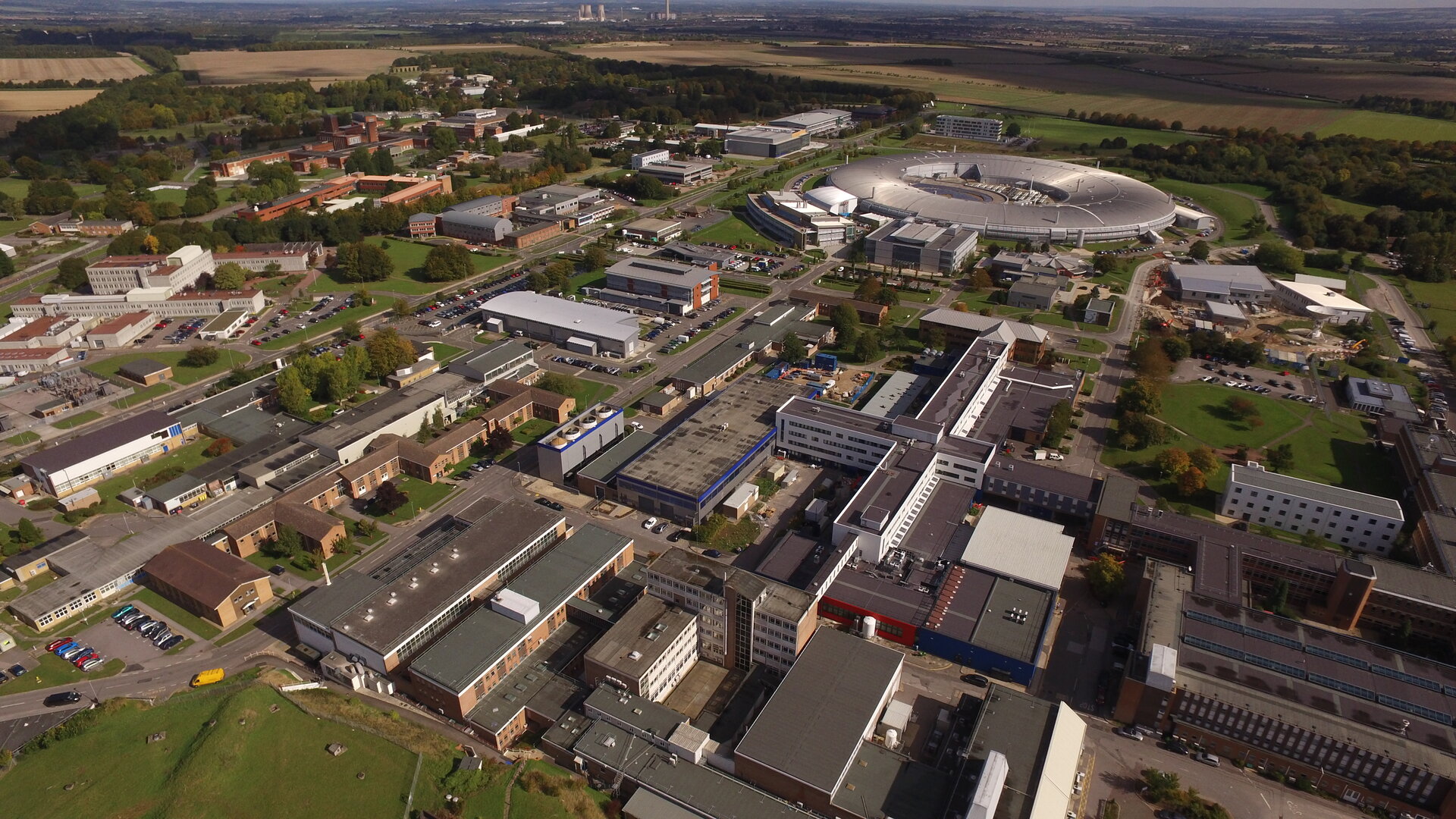Internship opportunities at Spaceship ECSAT
Internship opportunities at the European Centre for Space Applications and Telecommunications (ECSAT) are currently available in the fields of planetary science and geology.
We are seeking enthusiastic and intuitive individuals to launch Spaceship ECSAT: a concept designed to further the research and technology development required for future human and robotic exploration of the Solar System.
Successful candidates will be based at the Sample Analogue Curation Facility (SACF), located on the Harwell Campus in Oxfordshire, UK. This facility is designed to curate and develop planetary surface analogue and simulant materials, and provide a centre of information for simulants in Europe. For more information, please visit the SACF website: http://sacf.esa.int
Applying
Only applications that are complete and follow ESA requirements will be considered.
Before applying
What documents do you need?
- One page motivational letter
Where do I send my application? The current call for applications is open from 15 May until 12 June 2019.
Selection Process
|
Spaceship ECSAT
Details of current internship projects are as follows:
1. Investigating the physical properties of regolith using surface and orbital images
For this project, the successful candidate will use various simulant materials available at the SACF to further understand the nature of planetary surfaces. Of particular interest is investigating the physical properties of the surface regolith material, including: bulk density, cohesivity, and average particle size. This will be investigated using a combination of laboratory experiments using simulants, and analysis of images from surface missions (e.g. Apollo, MSL). Orbital images of planetary surfaces may be used to investigate larger-scale variations in the properties of surface materials. An interest or experience in image analysis and/or geographic information systems (GIS) software is a bonus asset for prospective applicants.
2. Water extraction and purification of icy regolith simulants
Regolith containing water-ice has been found at the lunar poles, and effective use of this resource is invaluable to sustained human presence on the lunar surface. This project will, therefore, investigate whether water extracted from icy regolith simulants can be safely consumed using a variety of extraction and filtration techniques, and analytical instruments. Scope for this project could be extended to investigate how the icy regolith simulant is altered following the extraction process. Demonstrable experience working in a laboratory environment is highly beneficial for this project.
3. Design of a new regolith simulant for ESA activities
Research and technology development of planetary surface missions relies on suitable planetary simulant materials to reproduce the properties of the surfaces to be explored. This project aims to document past efforts in regolith simulant creation, and build on this previous work to design a new simulant. The new simulant design may then be produced as part of the SACF’s simulant production plan, designed to expand ESA’s Exploration Sample Analogue Collection (ESA2C). Research experience is a desirable asset for this project, as is the understanding of the physical and chemical properties of geological samples.
Ideal candidates for Spaceship ECSAT projects will have:
- Experience in handling and analysing geological materials
- A good understanding of lunar and/or martian geological processes
- The ability to work independently as well as part of a team, and to communicate effectively.
- A keen interest in Solar System exploration, along with an eagerness to learn and a resourceful approach to project work.
The projects will start on or around 1 July and will last for 3 to 6 months (depending on the availability of the candidate).


